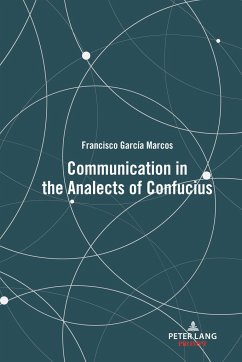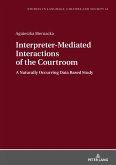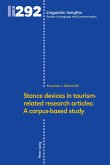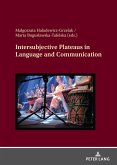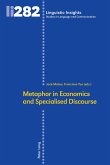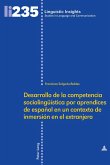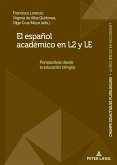This work offers a new perspective on the work of Confucius, the great reference of classical Chinese thought. In general, relatively little work has been done on Confucius' linguistic concerns, which nevertheless did have an impact in his time and afterwards. The author starts from a sociolinguistic approach, based mainly on the ethnography of communication, to analyze the role played by language in Confucius' texts and its links with the ethical program proposed therein. It is, therefore, a considerably novel perspective which, moreover, allows us to cover a very relevant number of interests. The pages of this work concern sociolinguists, but also historians of linguistics, philosophers, and cultural scientists in general. In short, it provides a different vision of one of the great cultural references of humanity.

